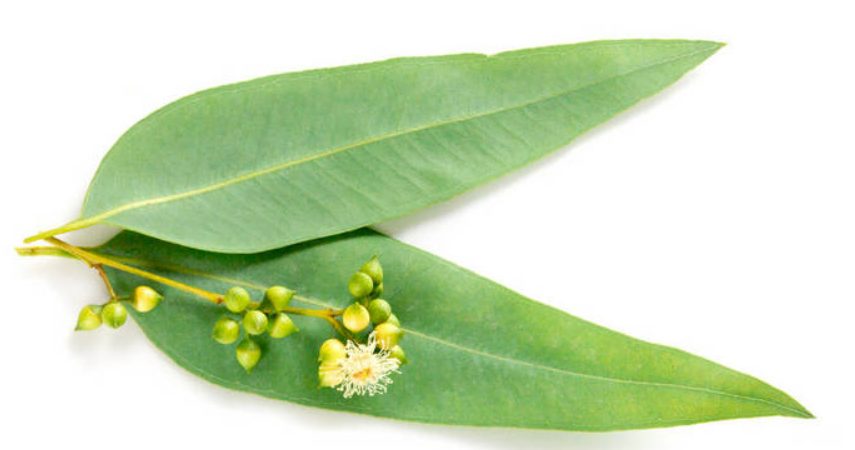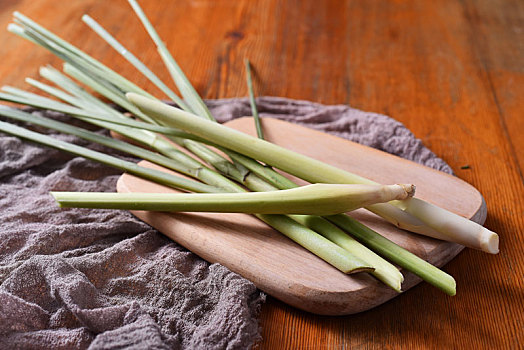Natural Ingredients for Mosquito Repellent: Try These Incredible Herb
Mosquitoes are not only annoying little insects that can ruin a peaceful evening outdoors, but they also pose significant health risks as carriers of deadly diseases like malaria, dengue fever, and Zika virus. While there are many chemical-based mosquito repellents available in the market, These things can effectively kill or repel mosquitoes, but there are some disadvantages, such as air pollution, skin allergies, respiratory discomfort and so on. So, is there a safer and more natural way to get rid of mosquitoes in our homes? Yes, of course! that is, to raise some of the plants or choose the mosquito repellent containing herbal ingredients that mosquitoes fear most.
People with special needs, such as pregnant women, young children and the frail, prefer to use natural alternatives that are safe for both themselves and the environment. There are several herbs and herbal remedies that are known for their mosquito-repellent properties. These herbs work by emitting natural fragrances or compounds that mosquitoes find unpleasant or irritating. In this article, we will provide you with a list of common herbal mosquito repellents and the benefits of using these effective options you can try today!
Lemon Eucalyptus
Eucalyptus leaves are covered with oil glands and have a natural menthol odor, similar to mint leaves. They contain many beneficial compounds, mainly found in the volatile essential oils of plants. You may already know that eucalyptus oil is recommended to treat a variety of respiratory symptoms due to its natural decongestant effects and antiseptic properties. Almost all parts of the plant have medicinal properties, including oily leaves, bark, and roots. Lemon eucalyptus oil is derived from the leaves of the lemon eucalyptus tree and contains a compound called PMD (para-menthane-3,8-diol) that has been proven to be effective in repelling mosquitoes. It works by masking the scent of carbon dioxide and lactic acid, which are chemicals that attract mosquitoes. Eucalyptus extract oil can be used in sprays or lotions for effective protection.
Citronella
Citronella is a well-known natural ingredient for mosquito repellent. Few people know that this is also an effective air purifier. Its sweet aroma can clean the air and its strong aroma can prevent mosquito bites. It is also used as a medicinal plant to treat skin irritation and inflammation. Citronella extract works by masking scents that attract mosquitoes and by disrupting their ability to locate their targets. The plant is known for its strong and pleasant scent and is often used in candles, oils, and sprays or lotions.
Lavender
Lavender is a perennial shrub native to the Mediterranean region, and its seeds are not only used for cooking, making tea, making soap, etc., but also for scaring off mosquitoes. Lavender has a pleasant fragrance known for its calming properties for humans but is disliked by mosquitoes. It can be used in the form of essential oil or dried lavender sachets to repel mosquitoes. Lavender oil works by affecting the mosquito’s nervous system.
Neem Oil
Neem oil is derived from the seeds and leaves of the neem tree, which has insect-repelling properties native to India. It has been used for centuries in traditional medicine and has mosquito-repelling properties. Neem oil can be mixed with a carrier oil such as coconut oil and applied to the skin or added to candles for outdoor protection. It disrupts the feeding and reproductive patterns of mosquitoes, making it an effective natural repellent.
Peppermint
Peppermint is a perennial herb that is widely distributed around the world, and it is not only a common spice that can be used in cooking, making tea, candy, etc., but also a natural mosquito repellent. This is because mint leaves contain a volatile substance called menthol, which gives off a fresh and strong scent that mosquitoes dislike. Peppermint extract also has a cooling effect on the skin, providing relief from itching caused by mosquito bites. It can be used in sprays, lotions, or diffusers to repel mosquitoes effectively.
Basil
Basil leaves, particularly the variety known as Thai basil, a type of herb used in cooking, is an important ingredient in Italian and South Asian dishes. Basil leaves have a strong anise-like smell that adds aroma and special flavor to dishes. It can also be used as a traditional Chinese medicine to treat injuries and snake and insect bites. If you’re dealing with mosquitoes, you’ll be happy to know that it’s effective in repelling mosquitoes. The strong aroma of basil can deter mosquitoes from landing on or near it.
Rosemary
Rosemary is a common vanilla plant native to the Mediterranean coast. Its leaves have a strong scent which is generally used for cooking, candles, perfume, etc., In addition, it can repel mosquitoes and insects, which is because rosemary leaves contain volatile oil, which gives off a smell that is very refreshing for humans, but it is very unpleasant to mosquitoes. You can burn rosemary leaves or use rosemary essential oil in a diffuser to repel mosquitoes.
Marigold
Marigolds are famous for their brightly colored flowers, and their leaves have a strange smell that mosquitoes and flies avoid. Marigolds are not only able to repel mosquitoes, but also other pests such as aphids, thrips, whiteflies, etc. This is because marigold plants contain pyrethrum, a natural insect repellent often used in commercial mosquito repellent products.
In general, for aromatic herbs, the citronellol, citral and other substances in their bodies do have a certain role in repelling insects. But this repellent effect is for the plant itself, which is a “chemical weapon” for the plant to defend against insects. However, these volatile components are released in large amounts only when subjected to physical damage, such as eating. As for the fragrance of some plants flowering, and even attracting insects, its effect is slow and requires a high concentration. Why choose herbal mosquito repellents instead of chemical-based repellents? One of the major advantages of using herbal mosquito repellents is that they are non-toxic and environmentally friendly. Many ingredients used in these repellents have antiseptic, antimicrobial, or soothing properties, providing relief from itching and inflammation caused by mosquito bites, making them a versatile choice for outdoor protection. They are also a great alternative for those with sensitive skin as they are gentle and less likely to cause skin reactions.








